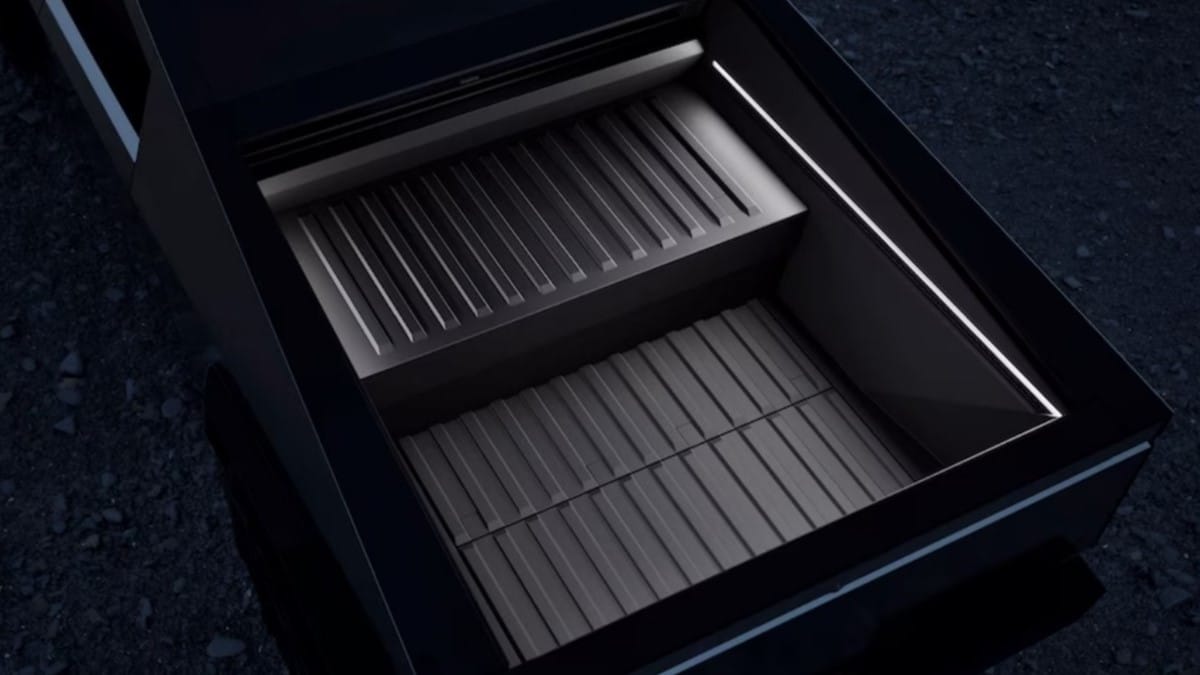
In a transfer rumored since early final month, Tesla seems to have ended plans to construct a range-boosting second battery for its Cybertruck pickup.
Electrek studies that Cybertruck homeowners have begun receiving refunds for the battery booster. An e-mail accompanying the refund explains, “We’re not planning to promote the Vary Extender for Cybertruck.”
Cybertruck Will Fall Nicely In need of Vary Guarantees
As Tesla teased the Cybertruck’s arrival, CEO Elon Musk was keen on telling potential consumers the truck would boast a spread of as much as 500 miles between prices.
When it arrived, its most vary determine was simply 362. That’s effectively under figures from the Chevrolet Silverado EV (as much as 492 miles), Rivian R1T (420), and GMC Sierra EV (390).
However Tesla promised an answer — a spread extender. Basically a second battery half the dimensions of the primary, it will mount within the Cybertruck’s mattress. It will rob the truck of some mattress house, and solely Tesla technicians might set up or take away it. But it surely would possibly enhance the truck as much as a extra aggressive vary.
It additionally price an additional $16,000 — in regards to the beginning worth of a complete Nissan Versa.
Nevertheless, Cybertruck gross sales fell dramatically after a blistering begin. Briefly final summer season, the funky-looking truck was the best-selling six-figure automobile in America. However gross sales declined shortly, leaving Tesla with a backlog of unsold vans.
The corporate eliminated special-edition Basis Collection badges from unsold Cybertrucks in hopes of promoting them at decrease costs. It later stopped accepting the Cybertruck as a trade-in.
Additionally Abandoning Autosteer
The vary extender cancellation isn’t the one unhealthy information Cybertruck homeowners acquired by way of e-mail this week. InsideEVs studies that the truck will likely be “the primary Tesla since 2014 to come back with out Autosteer included in its primary Autopilot package deal.”
The corporate is as a substitute providing homeowners a 1-year trial of its Full Self-Driving (Supervised) driver help system, after which they’ll need to pay subscription charges to get the partial self-driving options they had been promised.

